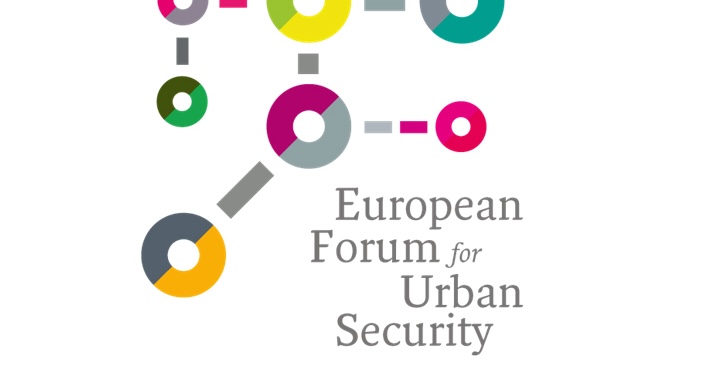Cologne, Germany, 5 December 2024 – In the face of the drugs crisis that affects many European cities and regions, the Executive Committee of the European Forum for Urban Security (Efus) calls for the creation of a “coalition of 50 European cities and regions that would work together to strengthen and promote their local policies against drug-related violence and harm and demonstrate concrete results.”
In a resolution adopted in the name of the 250 European cities and regions that are members of Efus, the Executive Committee, gathered on 5 December 2024 in Cologne (Germany), notes that “cities say they are contaminated by trafficking, worsening violence and the consequences for social cohesion,” and that “we have reached a stage where drug trafficking is undermining the foundations of our democracies.”
Standing together in a pragmatic way
Convinced that local action, as a complement to the necessary strengthening of international action, can not only reduce trafficking and its consequences on local social cohesion, “but also restore people’s confidence in public action,” Efus proposes the establishment of such coalition of European cities and regions to “stand together in a proactive and pragmatic way.”
A call to the European Union
Efus calls on the European Union to support this project with know-how and resources, through the new European Union Drugs Agency (EUDA), but also eventually through the European Regional Development Fund (ERDF) and/or the European Social Fund (ESF), as well as the EU’s resources in crisis management.
Demonstrating results
The roadmap for such a coalition of willing mayors would be to:
– implement and demonstrate 50 local strategies to prevent and combat drug-related violence and harm;
– exchange and support each other, contributing ideas and solutions, in particular to counter the feeling of isolation that some mayors and municipal staff may feel in the face of drugs;
– develop tools, pilot experiments and methodologies that can be transferred to other local authorities outside the coalition;
– train elected officials and their teams on developments in drugs, trafficking and possible responses;
– develop practical and political recommendations for decision-makers at all levels: local, national, European and international;
– position the coalition as an interlocutor with the European institutions, representing the local and regional authority sector;
– communicate regularly with the public about the coalition’s activities and the results achieved.
The coalition to be up and running in 2025
In the upcoming months, Efus will work on consolidating the coalition, which already gathers the mayors of the cities and regions that are members of its Executive Committee*. Efus will also define how it will operate, and will lobby the relevant European institutions to obtain their support in principle and in practical terms.
> Read and download the resolution
More information:
> Efus resolution on organised crime (Rotterdam, November 2022)
> Efus resolution for a harm reduction policy (Amiens, November 2018)
> Efus Security, Democracy and Cities manifesto
> More information on Efus’ activities on the topic of drugs
* The Efus Executive Committee gathers the cities and regions of: Liège (Belgium) – president ; Catalonia (Spain) – vice-presidency; Mannheim (Germany) – vice-presidency; Nice (France) – vice-presidency; Rotterdam (Netherlands) – vice-presidency; Barcelona (Spain); Berlin (Germany); Bologna (Italy); Bordeaux (France); Brussels (Belgium); Cologne (Germany); Düsseldorf (Germany); Gdansk (Poland); Gyöngyös (Hungary); Lisbon (Portugal); Madrid (Spain); Meyrin (Switzerland); Paris (France); Brussels-Capital Region (Belgium); Emilia Romagna Region (Italy); Riga (Latvia); Setubal (Portugal); Strasbourg (France); Tampere (Finland); Toulouse Métropole (France); Unione della Romagna Faentina (Italy); Zaragoza (Spain); Xàbia (Spain).



